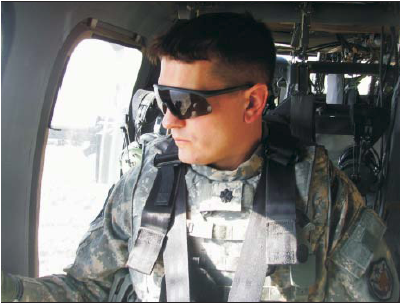|
I first read “Without Sky” nearly a year and a half ago. I was directed to the short story through several different articles dealing with the Russian conceptualization of modern warfare. I found the story online. The first reading was confusing: What is this “without sky” concept and how can it actually work? On a second reading, I began to see tremendous insight into Russian thought on conflict. For me, the story’s value was well beyond the science fiction. Part of the value is in the commentary on the nature of war. The connection of the author, Natan Dubovitsky (real name: Vladislav Surkov) and Russian President Vladimir Putin was important as well; Surkov is reportedly a close advisor. For the last two class years, I have asked my U.S. Army Command and General Staff College students to read “Without Sky,” and we have discussed possible meanings and interpretations. The discussion has proven to be illuminating. What follows is an adaptation of that discussion. I am including the text of the story with my commentary interspersed. There was no sky over our village. That’s why we went to the city to watch the moon and birds, on the other side of the river. The people in the city were not thrilled to have us, but they did not try to stop us. On one of the hills, where the brick church stood, they even built an observation platform. Since for some reason they considered us drinkers, in addition to benches and a pay telescope, they built a small tavern by the observation deck, and a police post.The early paragraphs set the stage for the main character. He is the voice of a broader community of people who are left without sky. Later on, the author explains that these victims can see only in two dimensions. Something about the nature of the fighting and the weapons used have created this transformation in perspective in those who lived beneath the sky in which the massive battle took place. The two-dimensional perspective is also expressed in terms of yes and no, a sort of conceptual black or white appreciation of the world rather than simply a spatial limitation. I believe that the author is making a statement about the Russians’ being “without sky” — the simple people who are being kept out, and the West being the city — the civilization to which those without sky are being denied entry.
In this science fiction oddity, it is easy to miss the comment on current and future evolving conflict: it is all aerial. This comment is reminiscent of theories developed and promulgated by thinkers like Giulio Douhet, Hugh Trenchard, and Billy Mitchell during the 1920s and 1930s. They proposed that the development of aircraft capability would make armies and navies irrelevant. In a world where all combat is in the air, then the air quality matters as the author notes.
Read more
0 Comments
|
AuthorBrian L. Steed is an applied historian, Archives
February 2024
Categories |
Proudly powered by Weebly

 RSS Feed
RSS Feed